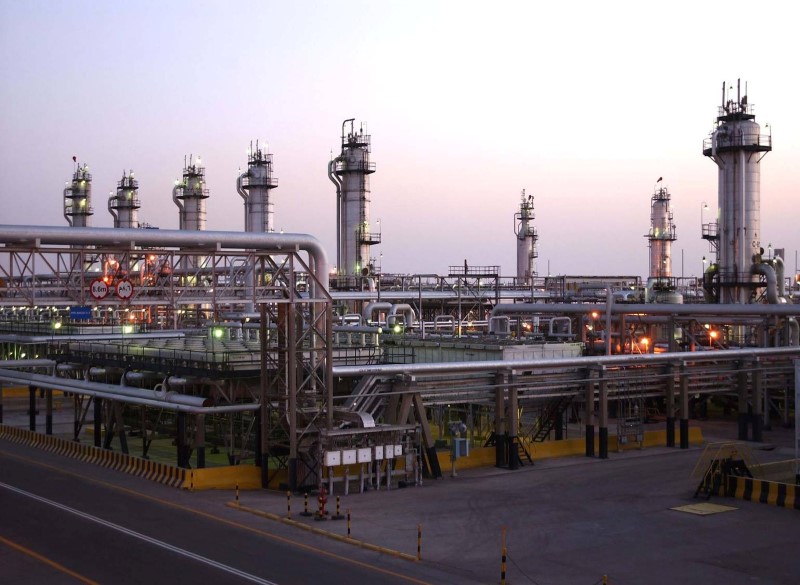By Osamu Tsukimori
TOKYO (Reuters) - Oil prices extended gains to hit their highest level in nearly three weeks on Monday, supported by comments from Saudi Arabia that it would continue to curb exports in line with the OPEC-led effort to cut global supplies.
U.S. West Texas Intermediate crude for April delivery was up 20 cents, or 0.3 percent, at $63.75 a barrel by 0342 GMT after rising 3 percent last week.
London Brent crude gained 12 cents, or 0.2 percent, to $67.43, after climbing nearly 4 percent last week.
Both benchmarks earlier hit their highest since Feb. 7.
"The rise in equities made it easier to buy risk assets such as oil," said Tomomichi Akuta, senior economist at Mitsubishi UFJ Research and Consulting in Tokyo.
"But amid worries over U.S. crude production at near record highs, oil is struggling to make a move."
Prices were supported after Saudi Arabian oil minister Khalid al-Falih on Saturday said the country's crude production in January-March would be well below output caps, with exports averaging below 7 million barrels per day (bpd).
Saudi Arabia hopes OPEC and its allies will be able to relax production curbs next year and create a permanent framework to stabilize oil markets after the current supply cut deal ends this year, Falih added.
"A study is taking place and once we know exactly what balancing the market will entail we will announce what is the next step. The next step may be easing of the production constraints," he told reporters in New Delhi.
"My estimation is that it will happen sometime in 2019. But we don't know when and we don't know how".
U.S. energy companies last week added one oil rig, the fifth weekly increase in a row, bringing the total count up to 799, the highest level since April 2015, Baker Hughes energy services firm said on Friday.
Hedge funds and money managers upped their bullish wagers on U.S. crude oil for the first time in four weeks, data showed on Friday.
A powerful 7.5-magnitude earthquake struck Papua New Guinea's Southern Highlands province early on Monday, the U.S. Geological Survey (USGS) said, prompting oil and gas companies to immediately suspend operations in the energy-rich interior.

Meanwhile, Libya's National Oil Corp said on Saturday it had declared force majeure on the 70,000 bpd El Feel oilfield after a protest by guards closed the field.